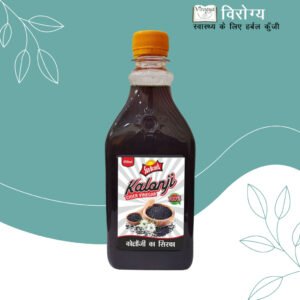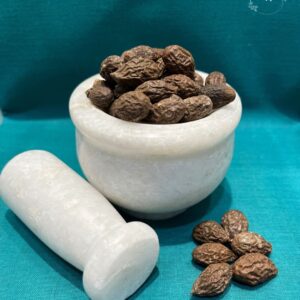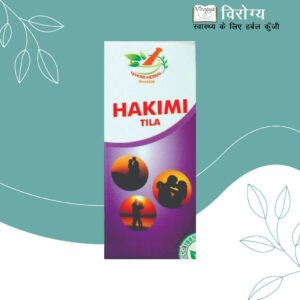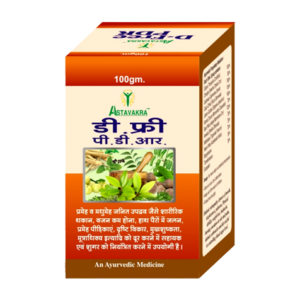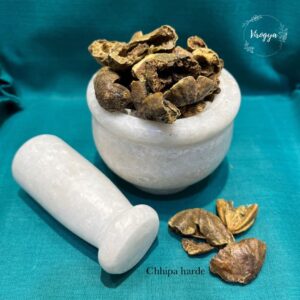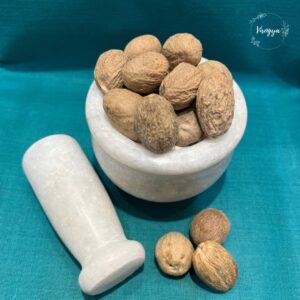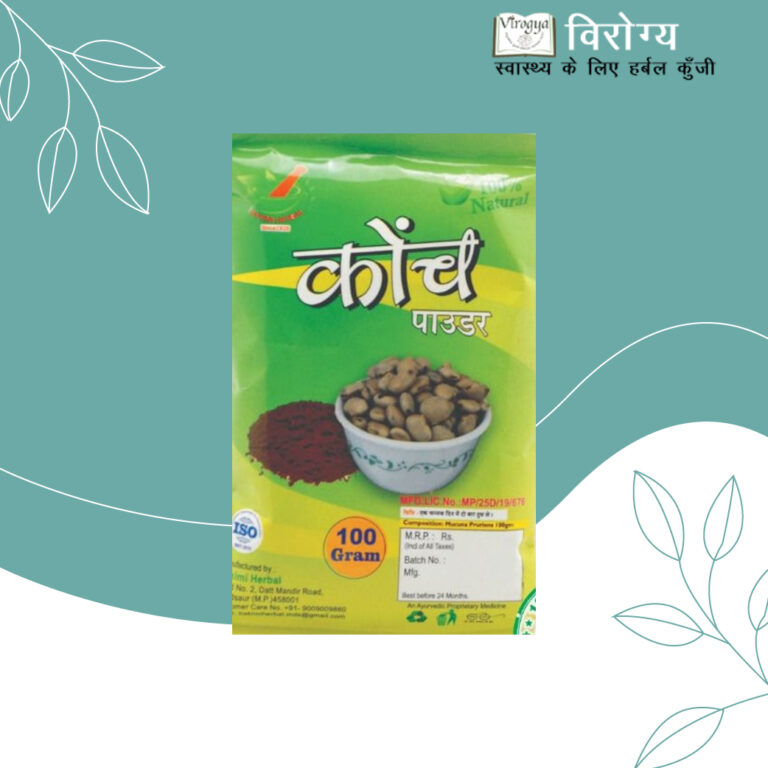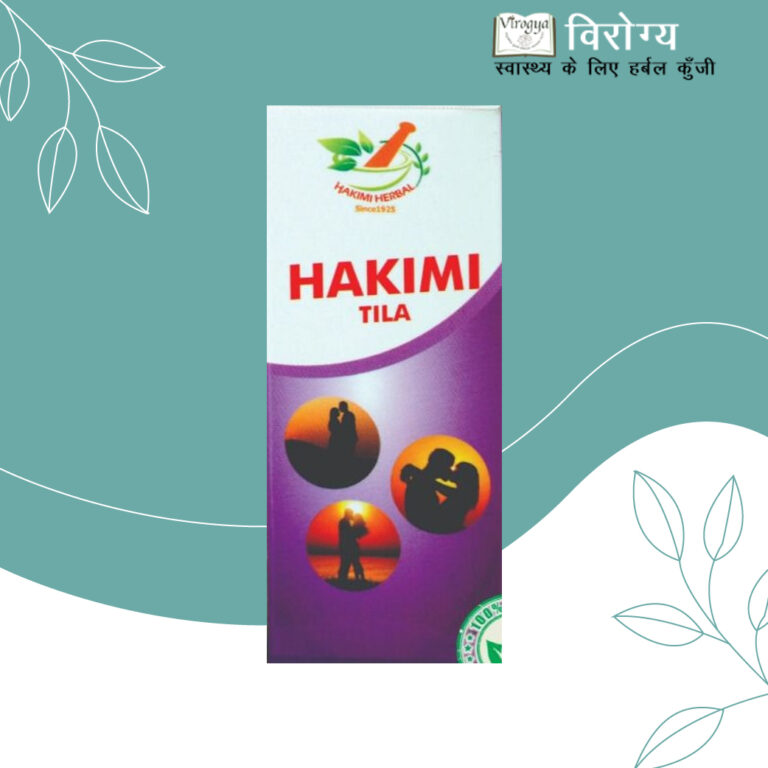Description
Guggal (Commiphora wightii), also known as Indian Bdellium, is a medicinal plant native to India and parts of Africa. It has been widely used in Ayurveda for thousands of years due to its powerful healing properties. The resin extracted from the plant, known as “guggul,” is highly valued for its anti-inflammatory, cholesterol-lowering, and weight management benefits. Despite its numerous applications in medicine, cosmetics, and spiritual rituals, guggal faces the threat of overharvesting, leading to conservation efforts to protect this valuable species.
In Ayurvedic practice, Guggul is used to treat a variety of ailments, including inflammation, arthritis, and high cholesterol. It’s believed to have anti-inflammatory, antioxidant, and antimicrobial properties, and it may help support heart health by reducing cholesterol levels. Guggul is also used to promote detoxification and support the body’s metabolism.
Conclusion
Guggal is an ancient medicinal plant with significant health benefits, particularly in Ayurveda and modern herbal medicine. Its therapeutic properties make it a valuable natural remedy for conditions like arthritis, obesity, and heart health. However, due to excessive harvesting, the plant is now endangered, emphasizing the need for sustainable cultivation and conservation efforts. Preserving guggal is crucial not only for its medicinal uses but also for maintaining ecological balance and supporting traditional herbal practices.





